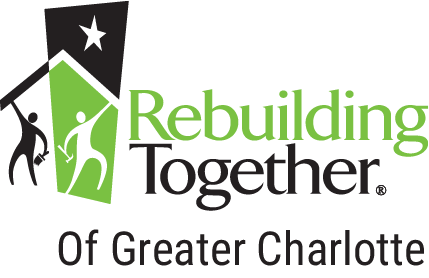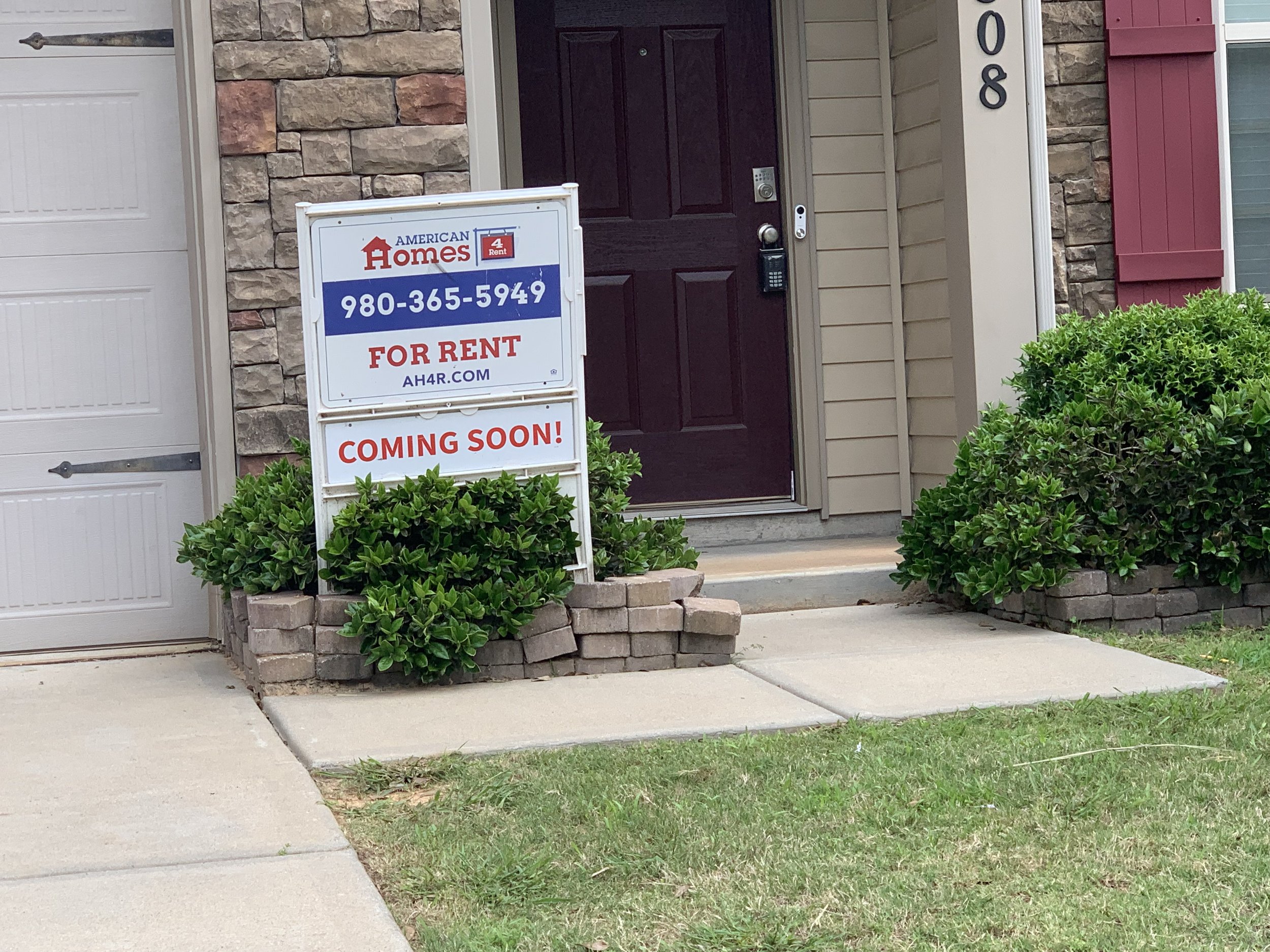Corporate Landlords Expand Home Affordability Inequity
This story by Herbert L. White first appeared on The Charlotte Post.
Black America’s landlord tends to be a Wall Street-connected rental company with outsized influence in Sun Belt cities, according to new research.
Southern Economic Advancement Project last week released "an 8-point framework for tracking the rise of large corporate landlords in single-family rentals," research authored by Elora Raymond, Ph.D, an urban planner and assistant professor at Georgia Tech College of Design. The research, which uncovers how real estate processes widen inequalities in metro Atlanta, also has implications for Charlotte’s housing market, which is under stress to maintain affordable stock for lower-income residents during a period of increasing scarcity.
The UNC Charlotte Urban Institute cited in a 2021 report that corporate renters are snapping up moderate- and lower-price homes in Mecklenburg County at a rate that has altered who can afford to lease housing.
“We found that while they only own a small percentage of total houses, the new single-family rental conglomerates have built portfolios of houses heavily concentrated in the starter home segment of the market – where the supply crunch is tightest right now,” author Ely Portillo wrote. “And they’re still adding to their holdings, concentrating on suburban properties in mid-priced neighborhoods like Steele Creek and Highland Creek.”
Key takeaways from the SEAP paper include:
Large corporate firms are buying up larger shares of neighborhoods—especially in majority Black neighborhoods.
The racial wealth gap will widen if Black households are crowded out of the market.
Policymakers should consider tenant protection in response to the increasingly consolidated rental markets controlled by economically powerful firms, especially those connected to Wall Street.
To read the full story on corporate landlords’ effects on home affordability inequity, visit TheCharlottePost.com.
At Rebuilding Together of Greater Charlotte, we carefully consider racial disparities and the lasting impacts of racist housing policies when selecting our target neighborhoods for the Building a Healthy Neighborhood program. For example, we look at the overall need for home repairs and community revitalization support when engaging with neighborhoods interested in partnering with us, and a part of assessing those needs is considering the racial composition of the neighborhood and the risk of displacement if home repair programming is not made widely available there.
In terms of economic inequality, our program qualification criteria require household income at or below 80% of the area median income. However, the homeowners we serve are normally on the very low-income side. The average household income for clients served in 2022 was just $27,326. Every single one of the individuals we served in 2022 fell into a racial minority group, and approximately 61% of homes had at least one resident with a disability.
By offering neighbors in need critical home repairs and accessibility modifications, we are able to provide safe and healthy homes, which keep low-income homeowners in the places and communities they have lived for decades.
By making a gift to RTGC, you’re tackling home affordability inequities in the Greater Charlotte area one homeowner at a time. You’re helping the neighbors in need behind every front door.

